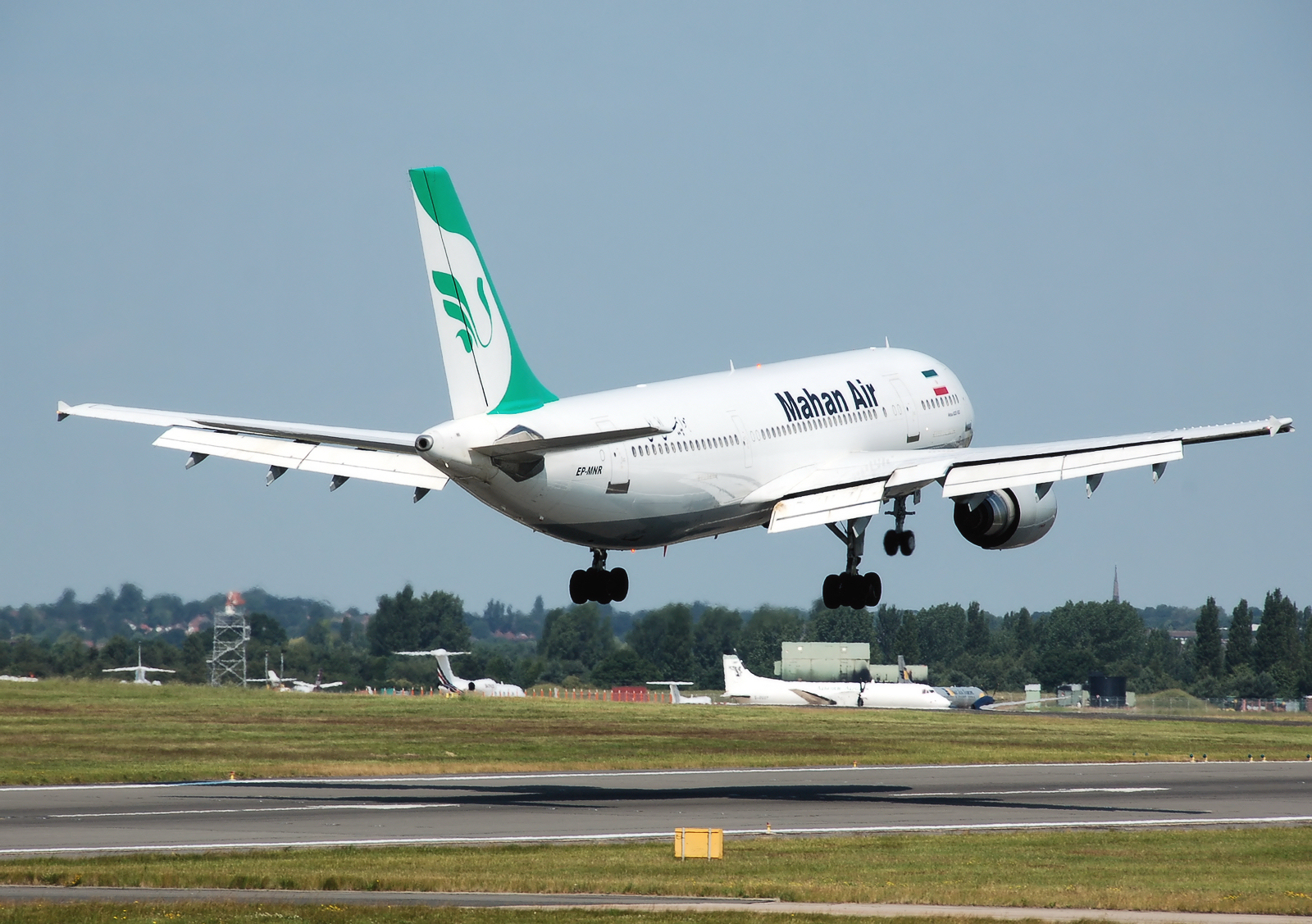Have We Entered a New Phase of Iran Sanctions?
On May 17, 2017, the U.S. Department of State indicated that it would be communicating to Congress the Trump administration’s intent to continue waiving sanctions as required under the Iran nuclear accord – formally known as the Joint Comprehensive Plan of Action (JCPOA). A batch of U.S. sanctions lifted pursuant to the JCPOA were scheduled for waiver renewal, and questions had abound as to whether the administration would adhere to U.S. obligations under the JCPOA and continue the required lifting of sanctions, particularly after Sec. Tillerson’s statement to the media last month in which he noted that the administration was undertaking an ongoing review as to whether the continued lifting of sanctions served the vital national security interests of the United States – the legal standard for waiver under the specific sanctions legislation at issue. The Trump administration’s issuance of the waiver renewal signals its intent to stick to the JCPOA – at least for the time being – as it undertakes an top-to-bottom interagency review of U.S. policy towards Iran.
Simultaneous with its waiver renewals, the U.S. Department of the Treasury announced a new round of designations of persons and entities involved in or providing support to Iran’s development of ballistic missiles. OFAC designated two senior Iranian defense officials and an Iran-based entity involved in Iran’s ballistic missile program, as well as a China-based network alleged to supply Iran’s military with missile-applicable goods. These designations were undertaken pursuant to Executive Order 13382, which targets WMD and ballistic missile proliferators, and are the third round of designations targeting Iran since the Trump administration took office.
Some have alleged that the designations evidence the Trump administration’s intent to take stepped-up action against Tehran and its non-nuclear activities. Indeed, some news reports indicated that this “waive-and-slap” approach was a new development that showed the administration’s willingness to more broadly use punitive measures against Iran than was the case during the Obama administration.
That, however, appears to be false. Few noticed, for instance, that the “waive-and-slap” approach is a precedent set by none other than the Obama administration itself. Indeed, it was the Obama administration that imposed new sanctions on Iranian persons involved with Iran’s ballistic missile program on the same day as the United States took initial steps to lift all nuclear-related sanctions as required under the JCPOA. Moreover, the nature of the Trump administration’s action is firmly in line with that of its predecessors: OFAC either designated parties with which foreign business are unlikely to transact in the first place (due to their ongoing official roles at U.S.-designated entities) or designated low-level actors whose designations are unlikely to have much discernible impact on the decisions of foreign business to transact with Iran or Iran-related parties. As a matter of timing and substance, the Trump administration’s action yesterday was squarely in line with that of the Obama administration and should not be seen as a policy divergence.
It is unclear, though, if the trend-line will continue. The Trump administration is undertaking a top-to-bottom interagency review of U.S. policy towards Iran, including, but not limited to, the value of the Iran nuclear accord. No indication has been given as to when that review will be completed. Until the results of that review are available, however, it appears that the administration will continue to follow the path of its predecessor – i.e., implementing the most fundamental U.S. commitments under the JCPOA, while taking limited yet responsive action to Iran’s non-nuclear activities.



